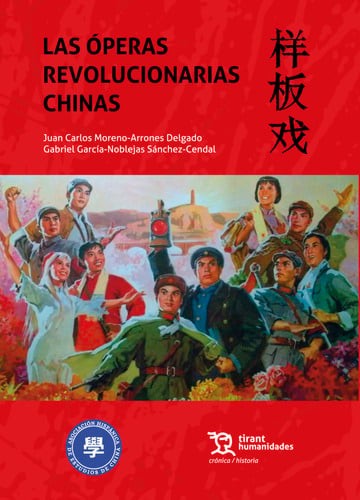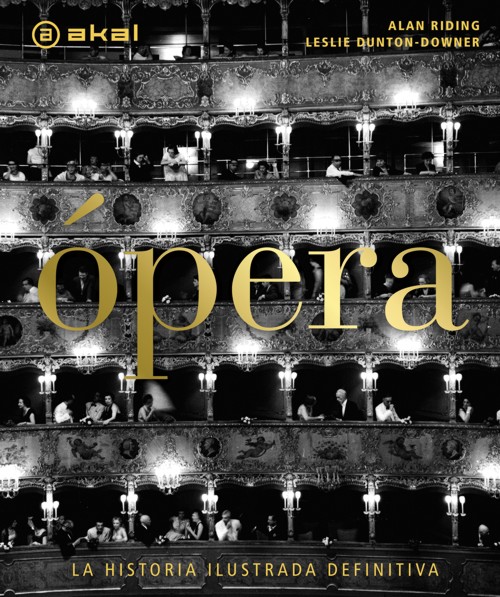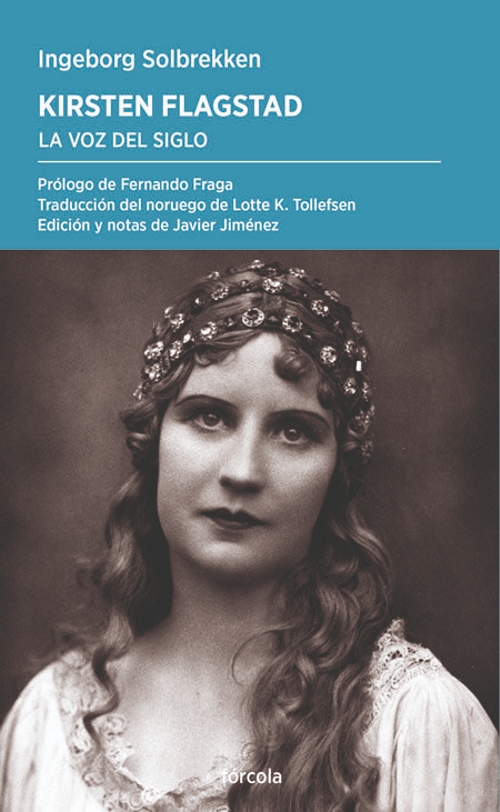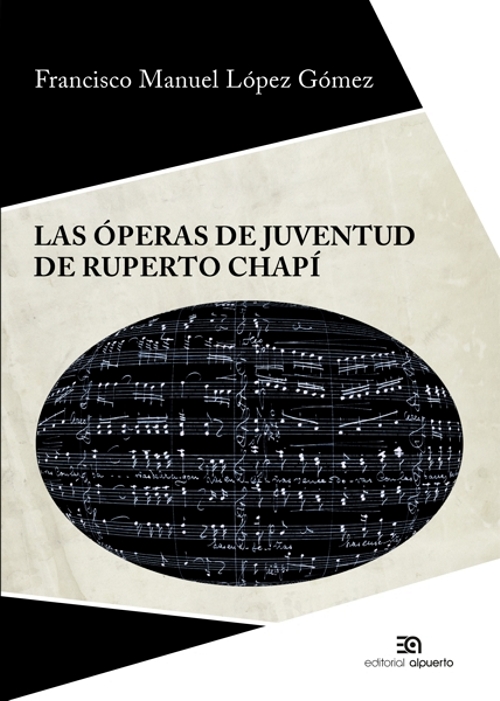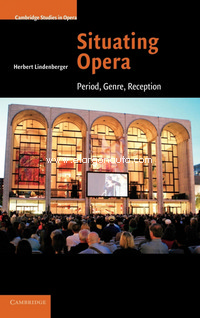
Situating Opera: Period, Genre, Reception
Lindenberger, Herbert
Cambridge University Press. 2010Ficha técnica
- EAN: 9780521199896
- ISBN: 978-0-521-19989-6
- Editorial: Cambridge University Press
- Fecha de edición: 2010
- Encuadernación: Cartoné
- Dimensiones: 15x23
- Idioma: Inglés
- Nº páginas: 324
Disponible en breve
Sin stock. Si se pide hoy, se estima recibir en la librería el 02/02/26¡GASTOS DE ENVÍO GRATIS!
PVP. 167,70€
Añadir a la Lista de deseos
Setting opera within a variety of contexts - social, aesthetic, historical - Lindenberger illuminates a form that has persisted in recognizable shape for over four centuries. The study examines the social entanglements of opera, for example the relation of Mozart's Abduction from the Seraglio and Verdi's Il trovatore to its initial and later audiences. It shows how modernist opera rethought the nature of theatricality and often challenged its viewers by means of both musical and theatrical shock effects. Using recent experiments in neuroscience, the book demonstrates how different operatic forms developed at different periods to create new ways of exciting a public. Lindenberger considers selected moments of operatic history from Monteverdi's Orfeo to the present to study how the form has communicated with its diverse audiences. Of interest to scholars and operagoers alike, this book advocates and exemplifies opera studies as an active, emerging area of interdisciplinary study.
- Refers to specific works including Mozart's Abduction from the Seraglio, Verdi's Il trovatore, Strauss's Salome, and Stravinsky's The Rake's Progress to illustrate key points
- Draws upon a range of diverse areas including neuroscience, social thought, and the history of aesthetics, demonstrating opera studies to be a vibrant and emerging field of interdisciplinary activity
- Written in an elegant, quirky, and engaging style, the book will appeal to both scholars and keen operagoers
CONTENIDO:
Prologue. Why opera? Why (how, where) situate?
1. Anatomy of a war horse: Il trovatore from A to Z
2. On opera and society (assuming a relationship)
3. Opera and the novel: antithetical or complementary?
4. Opera by other means
5. Opera and/as lyric
6. From separatism to unity: aesthetic theorizing from Reynolds to Wagner
7. Toward a characterization of modernist opera
8. Anti-theatricality in twentieth-century opera
9. A brief consumer's history of opera
Epilogue. Why (what, how, if) opera studies?
Works cited.


